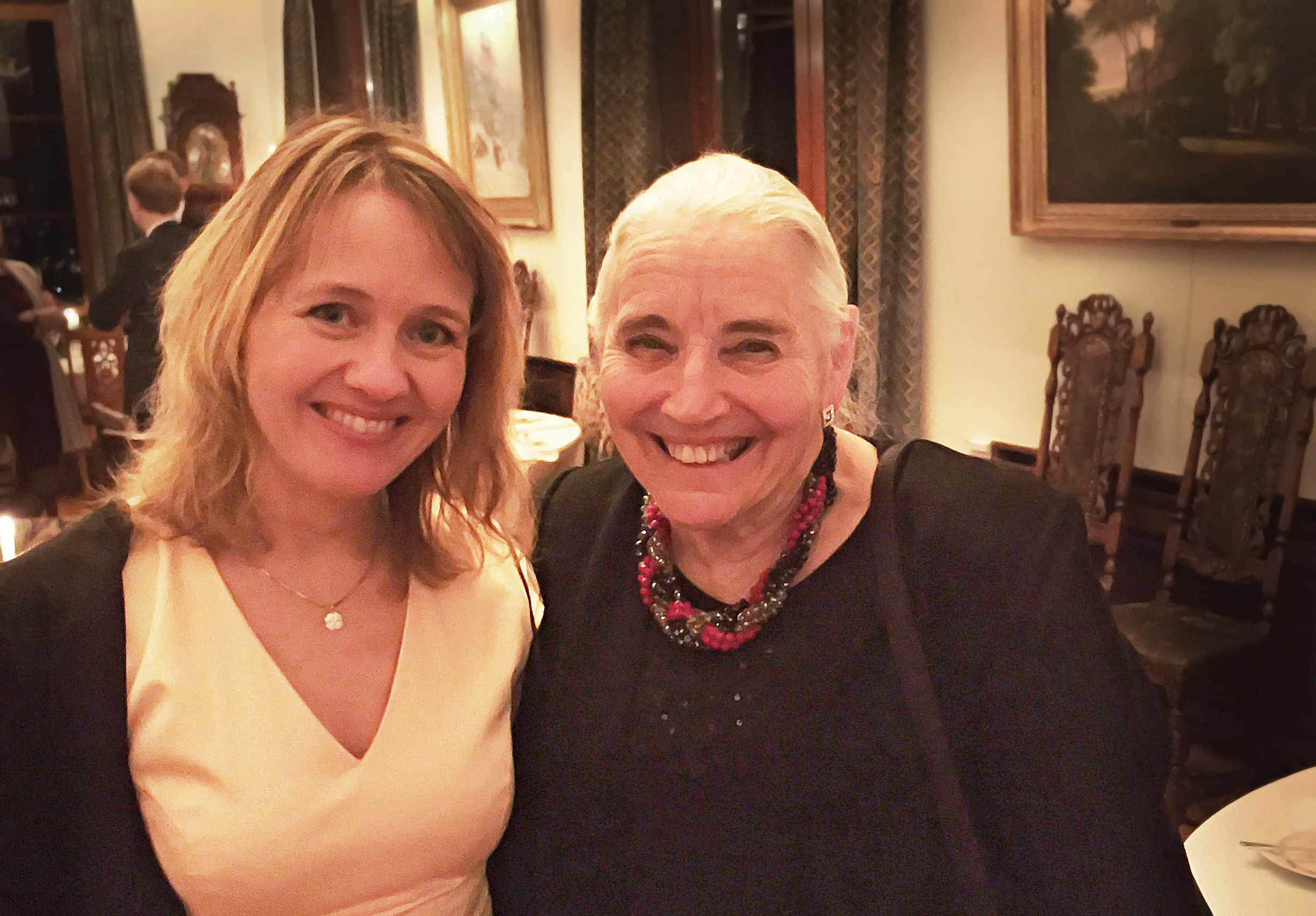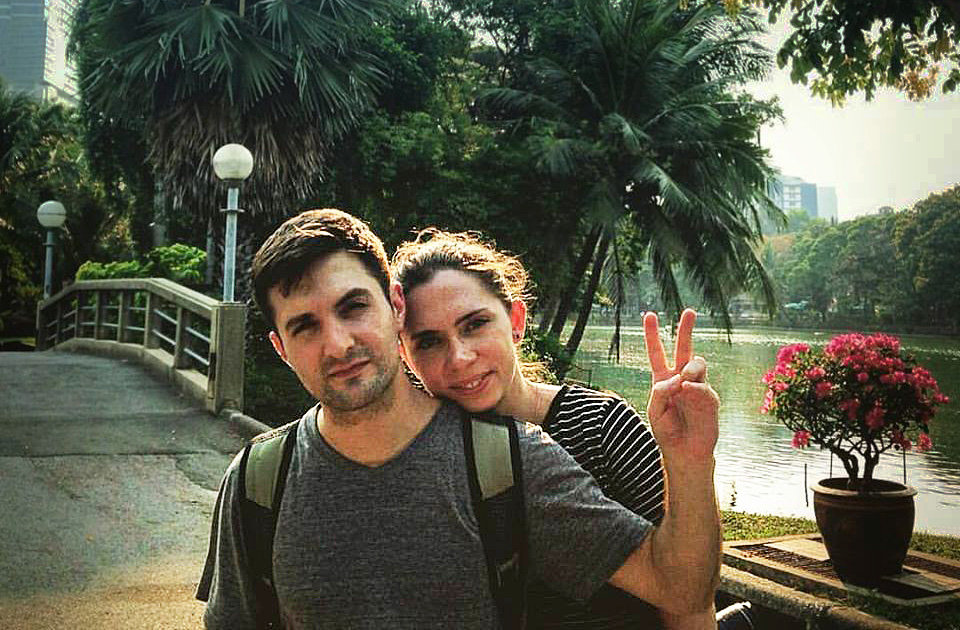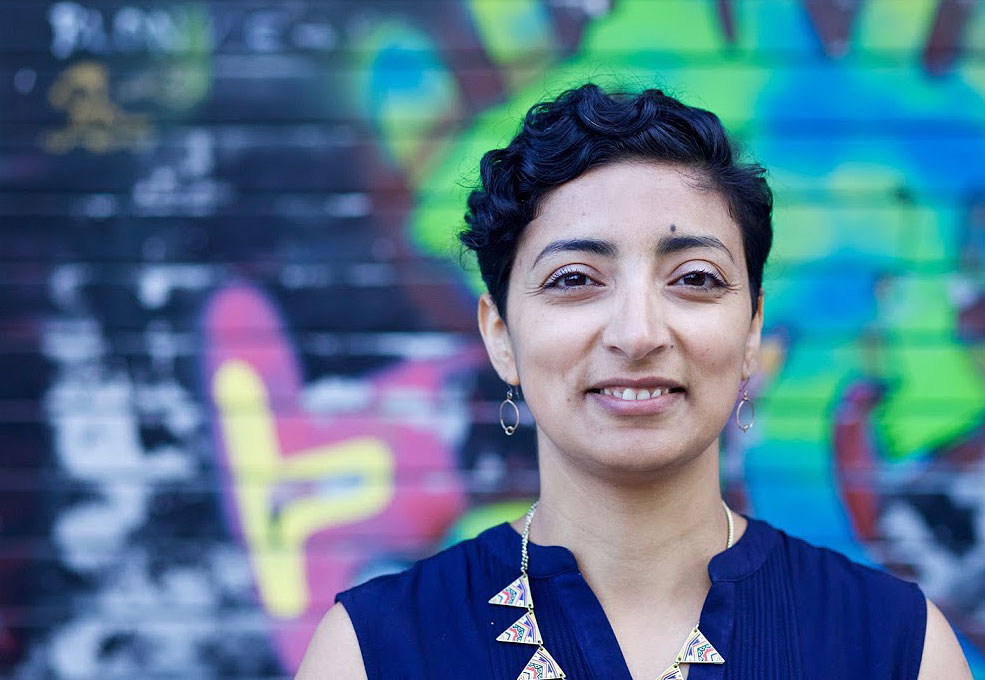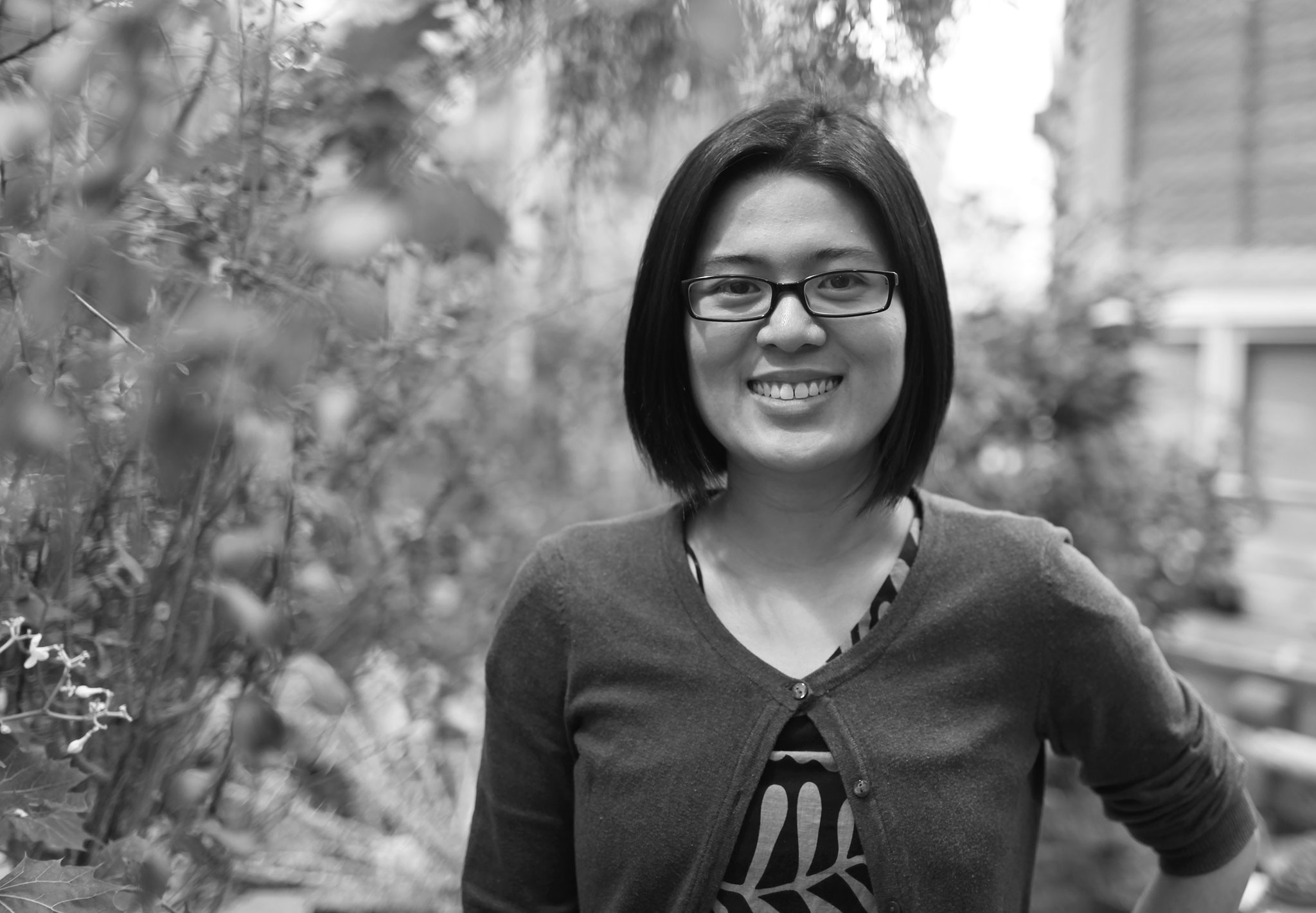Vibeke L’Orsa Mortensen (1995 – 2016)
We would like to profile Vibeke in the last week of this term in our ‘People of RCN’ section of the UWC Red Cross Nordic website as this provides us with the opportunity to thank her for her wonderful support of the College since it was founded.
For the past twenty one years, Vibeke has been responsible for 54 students on our campus from SOS Children’s Villages based in 18 different countries. She has been a wonderful source of support and inspiration for all of them – and I simply do not think I have ever met someone with a kinder heart. William Wordsworth, the English poet, perceptively wrote that ‘The best portion of a good
Vibeke has, through her acts of kindness and love, been the patron saint of the SOS children at RCN.
On the Red Cross-themed TV Action / Global Concerns Day in late October, the students and staff sang happy birthday in the auditorium to Vibeke to celebrate her 70th birthday and retirement from SOS Children’s Villages. At a dinner in Oslo on the 1st December, Vibeke was given a bouquets of flowers and thanked by the College board and Oslo-based Council members for her outstanding commitment to students on our campus.
Vibeke has a standing invitation to visit the campus, the students and staff whenever she likes.
As she said in her speech at the dinner in Oslo, ‘I started my career as a volunteer and I look forward to being a volunteer in support of these SOS students for many years to come’.




